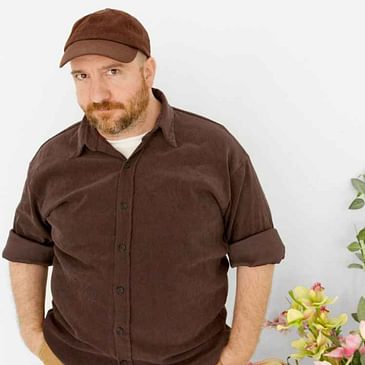September marks 25 years since the release of 69 Love Songs. The landmark triple-album cemented frontman Stephin Merritt's states as one of the finest songwriters of his generation. A quarter-century later, the songs don't always come as easily to Merritt. At his most prolific, however, the musician wrote more than enough to carry him through the rest of his career. "No one would ever know if I never wrote a song again in my life," he explains, "because I could just use the ones I already have that I haven't found an album for yet." Transcript here.
Hosted on Acast. See acast.com/privacy for more information.

